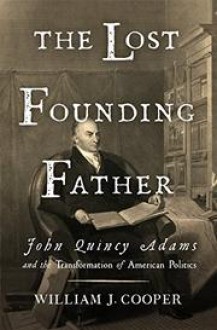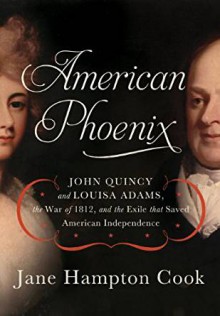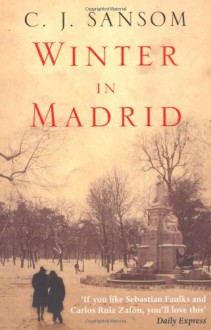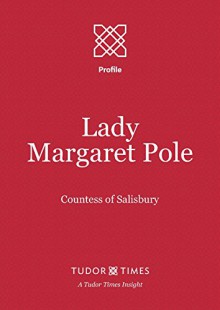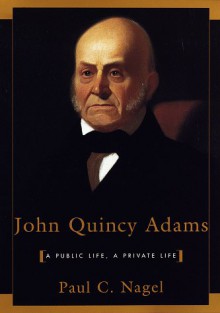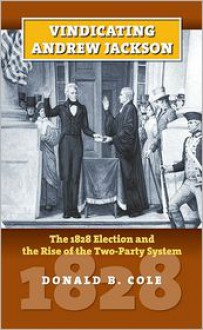
The presidential election of 1828 stands as one of the most important in American history, not just, or even primarily, because of the election of Andrew Jackson that year, but because, as Donald Cole argues in this book, it marked the beginnings of the party system in American politics. While on the surface a contest between Jackson and the incumbent, John Quincy Adams, this was only the culmination of years of political maneuvering and organizing by a host of talented politicians and newspaper publishers. Cole’s book details the course of this development, looking at how the two sides struggled at both the national and local level to build a party organization that would ensure their candidate’s victory.
Cole’s begins his examination with the aftermath of the last presidential election, one of the most bitter and contentious in American history. Much of the controversy over Adams’s election reflected the changes the nation was undergoing, as a “rising tide of democracy” was broadening the electorate and challenging the domination of political offices by the elite. Because of this, the quest for the presidency became a contest over who could mobilize this growing population of voters. To that end, both sides worked to create organizations at the national, state, and local level that could advocate their cause and turn out their supporters. Here Jackson’s camp had the advantage; though their leading members were people from lower down the social scale than their counterparts, they were hungrier for office and better able to connect with the enlarged electorate. Yet for all of their handicaps Adams’s main backers, ably organized by Henry Clay and others, were no less determined to hold onto office, and Cole demonstrates that the election ultimately proved much closer than the tally indicates.
A longtime historian of the antebellum period, Cole has written a perceptive account of presidential politics in the 1820s. While never losing sight of the main protagonists, he convincingly demonstrates the decisive role that organizing at the local level played in determining the outcome. He is careful never to overstate the impact of the election, noting that the formal establishment of the political parties of the period came later, yet he make a strong case for the role of the election in enhancing democracy in the nation through the emergence of organized political camps. This combination of balance and insight make this book an excellent study not just of the presidential election of 1828, but of the emergence of the modern political process, one that can be read profitably by anyone seeking to understand party politics in our nation today.

 Log in with Facebook
Log in with Facebook 
